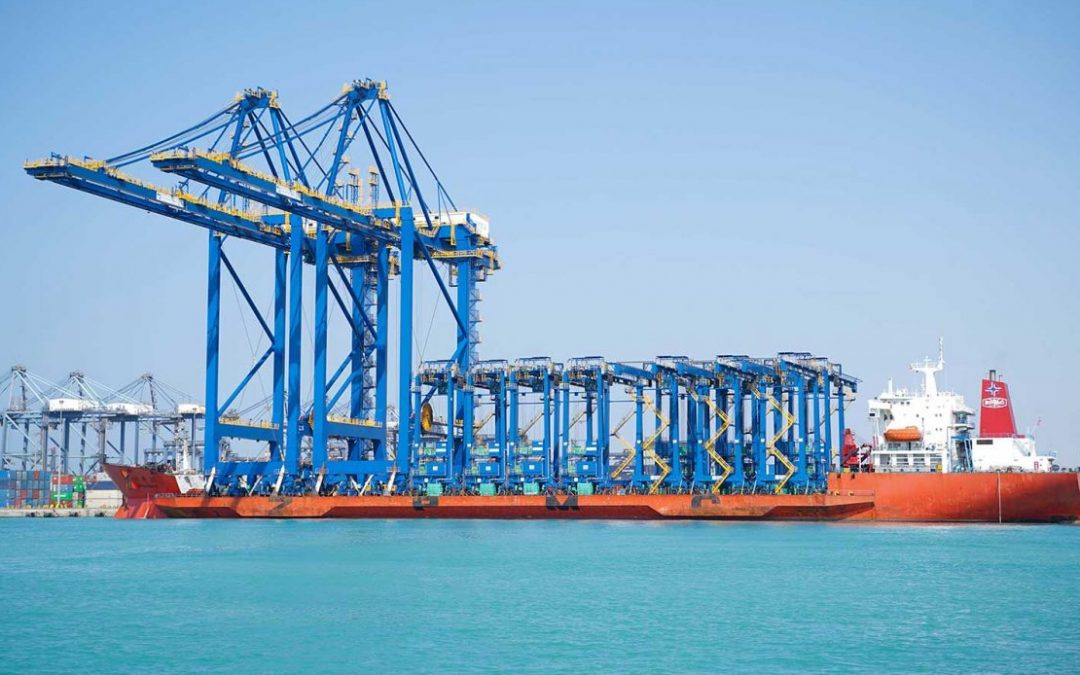Greece, host of the headquarters of the EU operation to shield ships from Houthi attacks in the Red Sea, hopes to play a more central role in ensuringsecurity of the 27-nation bloc, the defence minister said.
“We have to be able to defend ourselves,” Nikos Dendias told Reuters, adding that the European Union could achieve that in cooperation with NATO and other allies.
“What we’re trying to do is have a home-grown defence industry in Greece and Europe which could service the needs of the European Union.”
The EU’s Red Sea naval mission, dubbed “Aspides”, which in Greek means “Shields”, was launched last month to guard vessels from attack by Iranian-aligned Houthi militants in support of Palestinian militant group Hamas in its war with Israel.
At the crossroads between Asia, Africa and Europe, Greece controls the largest merchant fleet in the world and attacks against its vessels have increased. Greece’s largest port, Piraeus, has seen trade drop 40%.
The Greek frigate Hydra sailed last week for the Red Sea as the country assumed command of the EU mission whose headquarters will be in the city of Larissa. Italy commands the naval force.
“It’s important that we succeed,” Dendias said. “You cannot be a crossroads if roads do not exist or do not function. So for us (Greece) this is a huge threat directly and indirectly.”
Both Greece and the European Union are alarmed by the “sophisticated approach” of the Houthis, he said, with sea mines and submarine weapons used in attacks.
The safety of the five Aspides warships and crew, also from Germany, Italy, Belgium and France, was also a concern, he said, urging close coordination with other fleets in the area, which include warships from the United States and India.
“Having a very close communication and as much a common approach as possible with other fleets … is something advisable and important,” he said.
Following Russia’s February 2022 invasion of Ukraine, the European Union wants to increase its defence role as a bloc rather than as a collection of 27 nations where military policy is drafted at a national level.
Greece, also a NATO member, wants to reform its army along the example of Finland. It also aims to revampits defence industry and boost its shipyards’business, as it recovers from a decade-long debt crisis that forced it to slash spending.
It has drafted a multi-billion, 10-year purchasing plan, that includes acquiring up to 40 new F-35 fighter jets from the U.S, three frigates from France and U.S.-madeBlack Hawk helicopters.
It wants to produce drone and anti-drone systems and is in talks with the United States to co-design and build Constellation-class frigates for the Greek Navy. Foreign frigates could be serviced in Greek shipyards, Dendias said.
“This presents a huge challenge,” he said. “We’re a proud maritime nation but it’s the first time in our history that we may be able to co-design a platform as important as the Constellation.
Source: Hellenic Shipping News






